Optimal Seasons for Foundation Repairs
Foundation repairs are most effective when performed during specific seasonal periods. The optimal time depends on local climate conditions, soil type, and moisture levels. Proper timing can help prevent further damage and ensure the longevity of repairs.
Spring offers moderate temperatures and increased soil moisture, making it suitable for foundation work. However, excessive rain can cause delays.
Summer provides longer daylight hours and stable weather, ideal for foundation repairs, especially in dry climates.
Fall can be a good time as temperatures are cooler, and soil moisture levels are often optimal. Avoid late fall when freezing temperatures approach.
Winter is generally not ideal due to freezing ground conditions, which can hinder excavation and concrete work. However, in milder climates, repairs may still be possible.
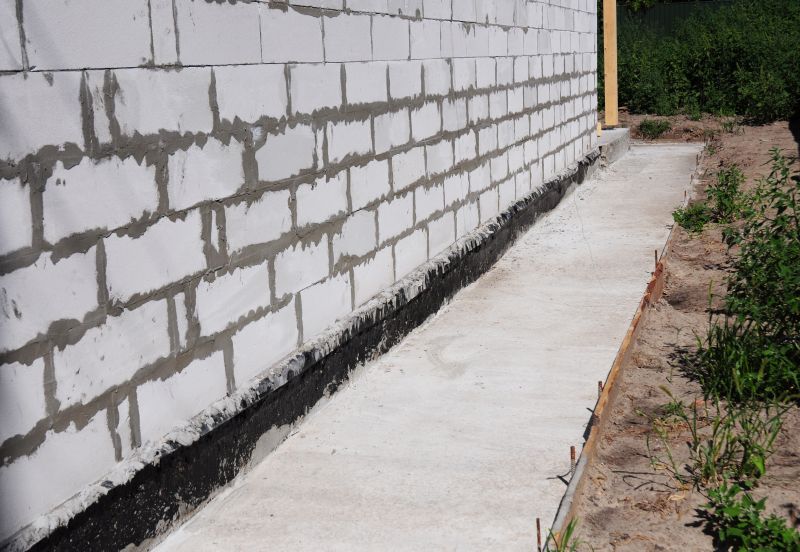
Springtime soil conditions facilitate effective foundation stabilization.
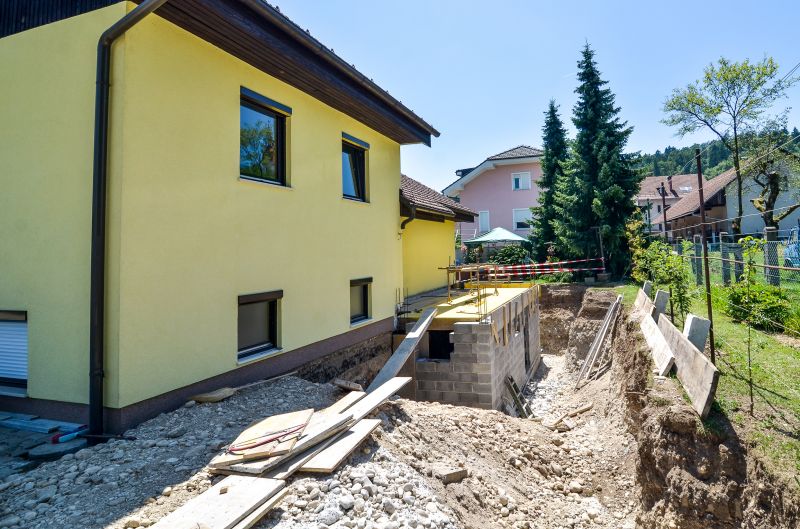
Dry summer months allow for uninterrupted repair projects.
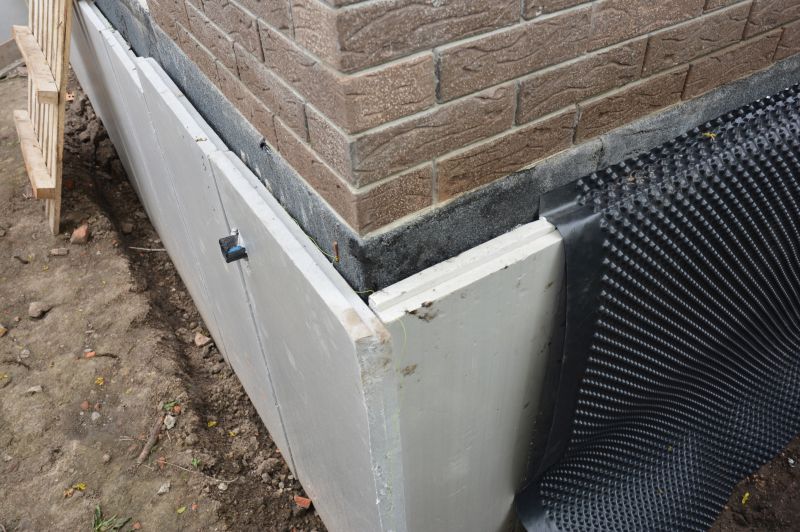
Cooler weather and moderate moisture levels support foundation maintenance.
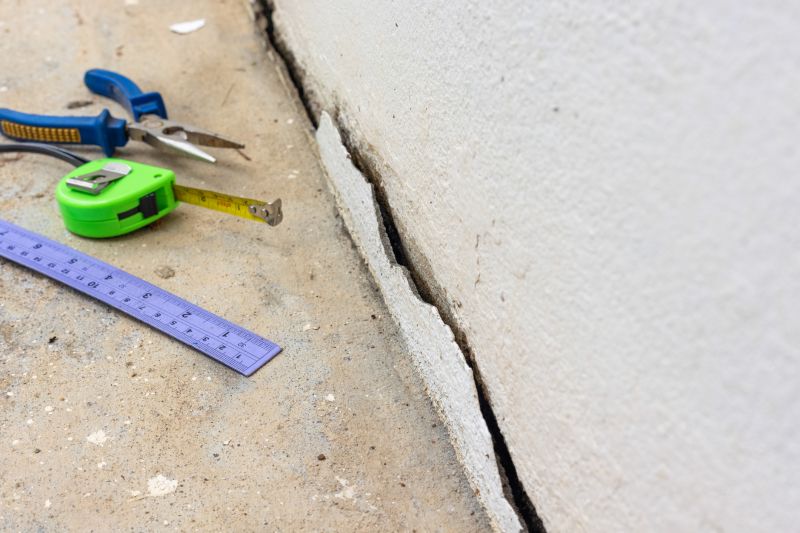
Ways to make Foundation Repairs work in tight or awkward layouts.
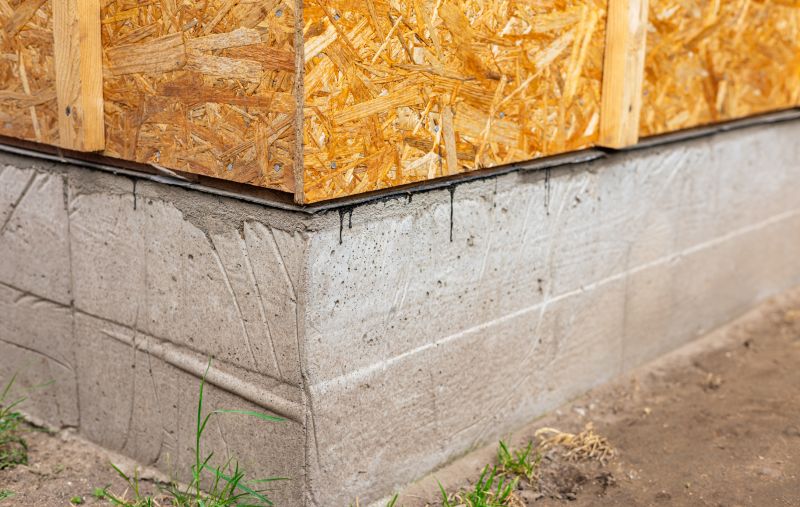
Popular materials for Foundation Repairs and why they hold up over time.
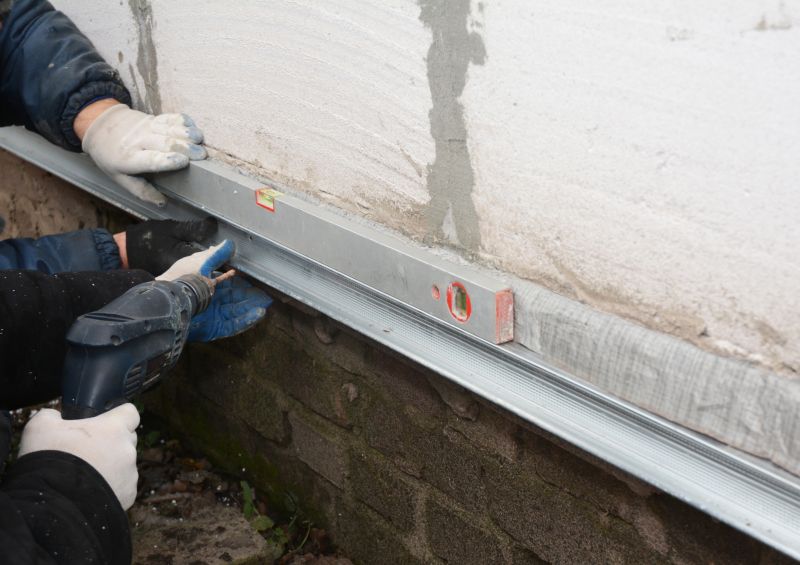
Simple add-ons that improve Foundation Repairs without blowing the budget.
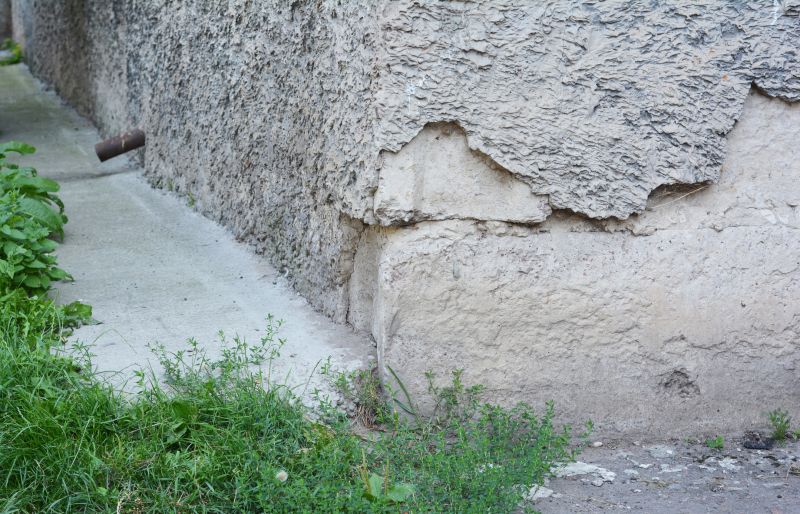
High-end options that actually feel worth it for Foundation Repairs.
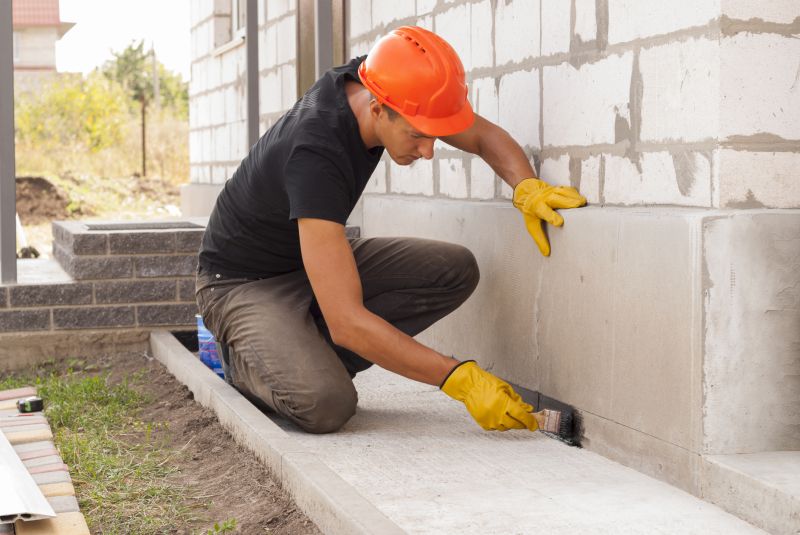
Finishes and colors that play nicely with Foundation Repairs.
Foundation repairs involve addressing issues such as settling, cracking, and shifting that can compromise the structural integrity of a building. These repairs may include underpinning, piering, or slab stabilization. Proper timing ensures that repairs are effective and less prone to future damage caused by soil movement or weather conditions.
Statistics indicate that early intervention in foundation issues can prevent costly damages and extensive repairs. Approximately 25% of homes in certain regions experience some form of foundation movement, often exacerbated by seasonal soil expansion and contraction. Timely repairs can mitigate further deterioration and maintain property value.
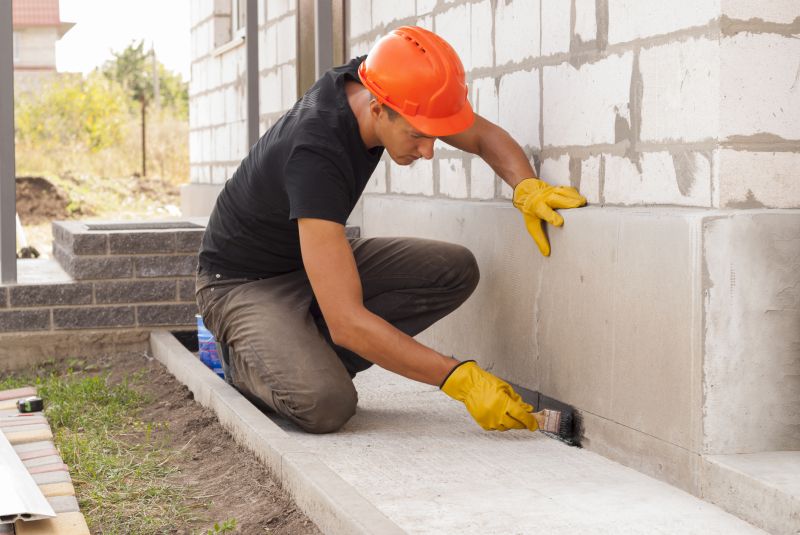
Sealing cracks early prevents water intrusion and structural weakening.
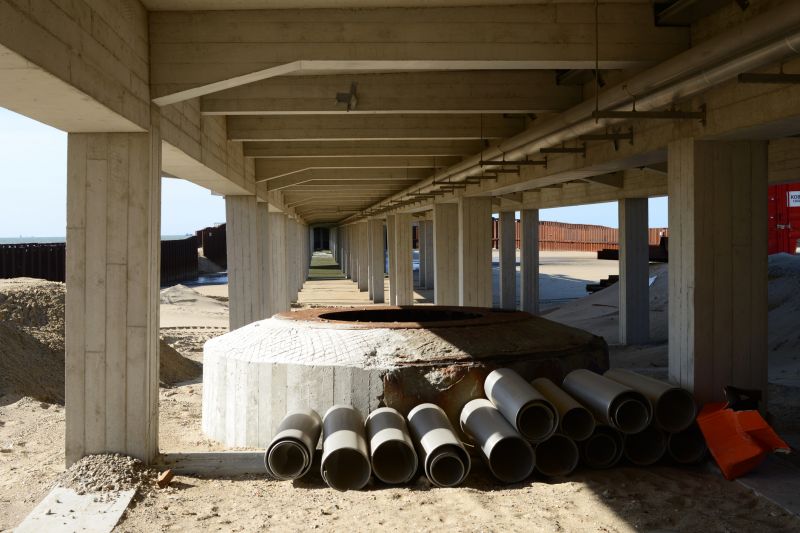
Piering provides support to settle or uneven foundations.
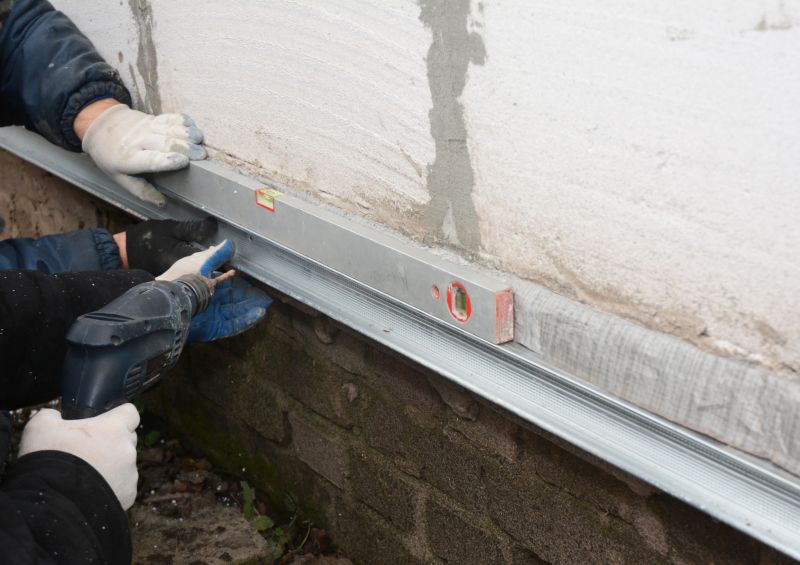
Reinforcing slabs restores stability and prevents further cracking.
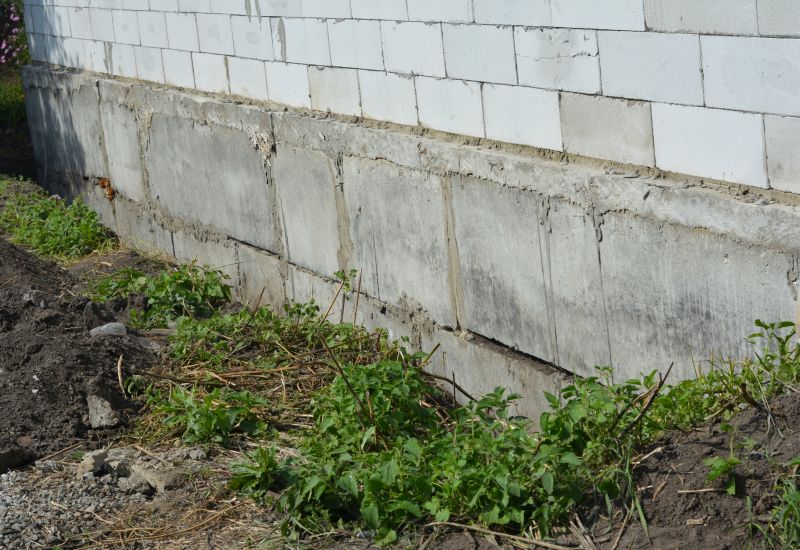
Managing soil moisture levels reduces movement and foundation stress.
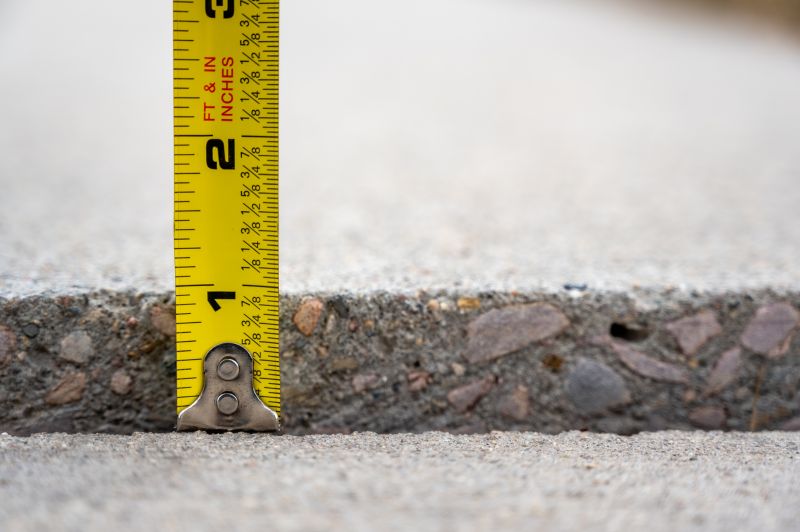
Little measurements that prevent headaches on Foundation Repairs day.
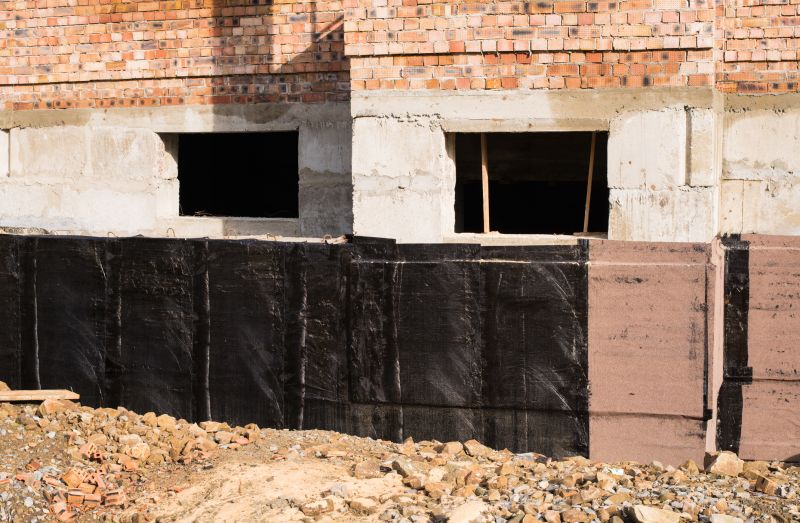
A 60-second routine that keeps Foundation Repairs looking new.
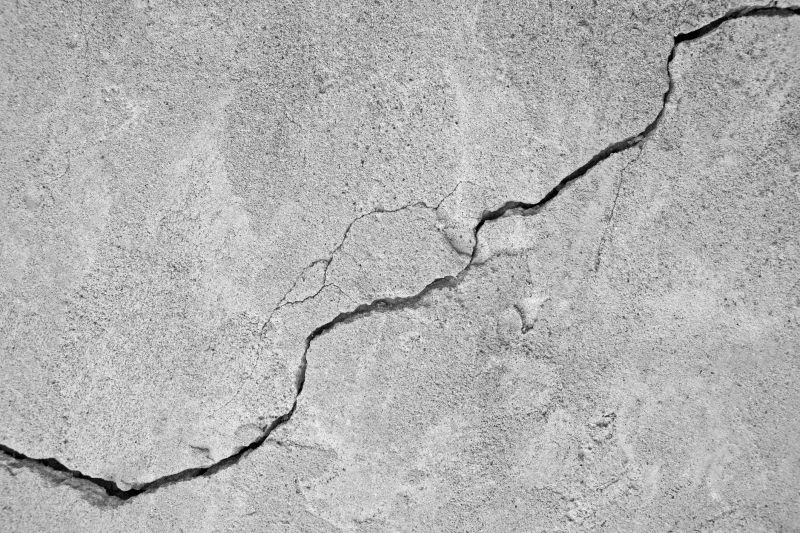
A frequent mistake in Foundation Repairs and how to dodge it.

Small tweaks to make Foundation Repairs safer and easier to use.
| Season | Ideal Conditions |
|---|---|
| Spring | Moderate soil moisture, mild temperatures |
| Summer | Dry weather, long daylight hours |
| Fall | Cooler temperatures, stable moisture |
| Winter | Freezing ground, limited repair options |
Choosing the right time for foundation repairs can significantly impact the success and durability of the work. Consulting with foundation specialists can help determine the best seasonal window based on local conditions. Proper timing reduces the risk of repair failure and ensures long-term stability.
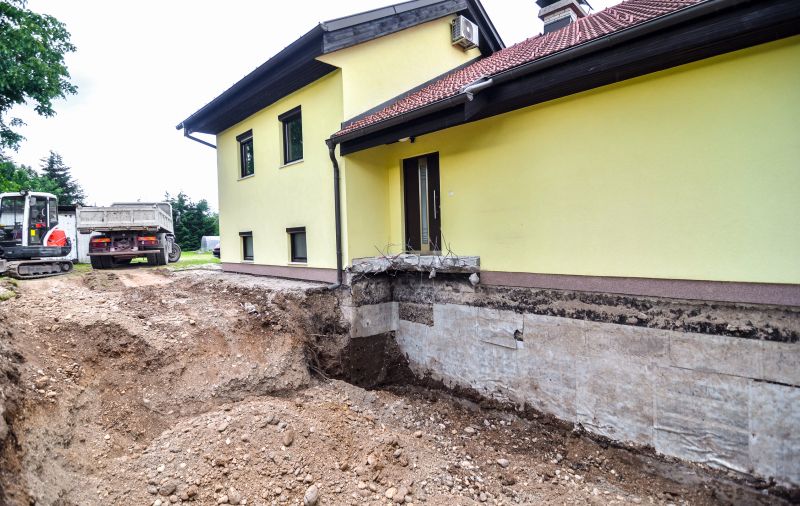
Preparation and excavation in suitable weather conditions.
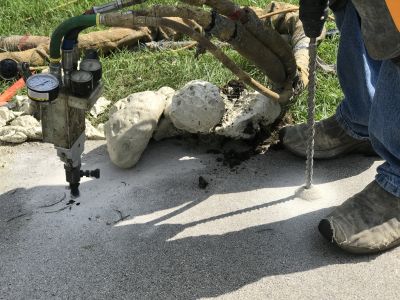
Tools and supports used during optimal repair periods.
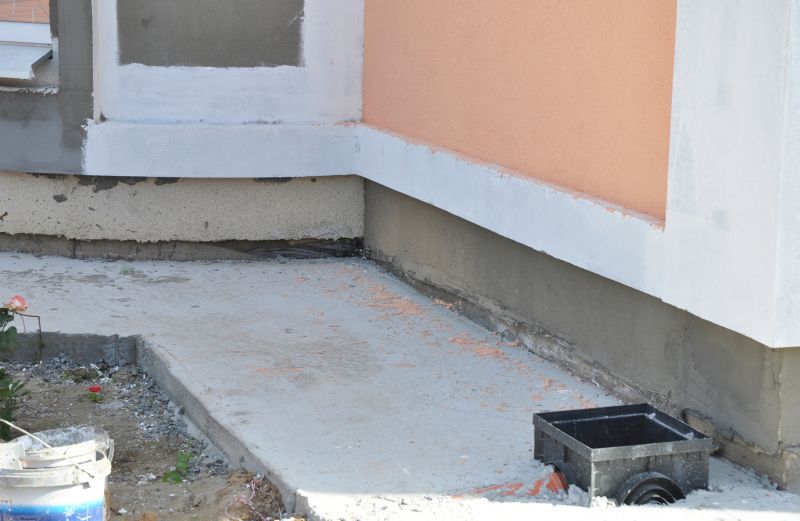
Stabilized foundation ready for occupancy.
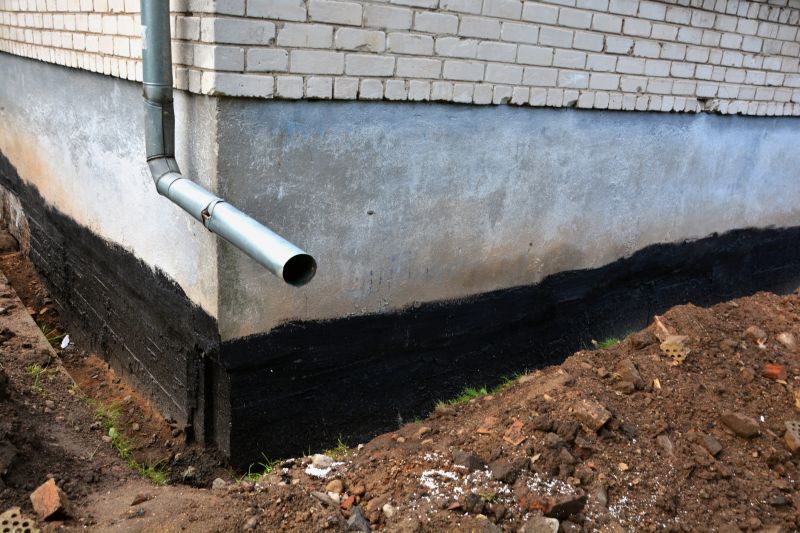
Lower-waste or water-saving choices for Foundation Repairs.
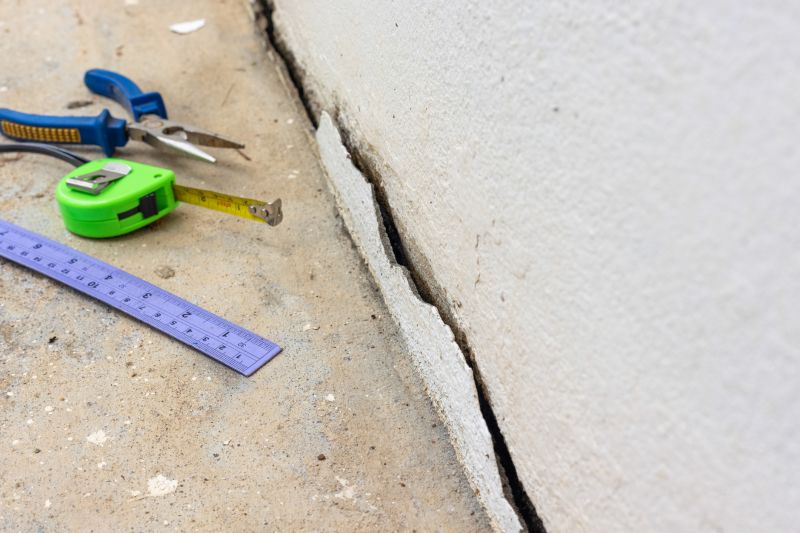
The short, realistic tool list for quality Foundation Repairs.
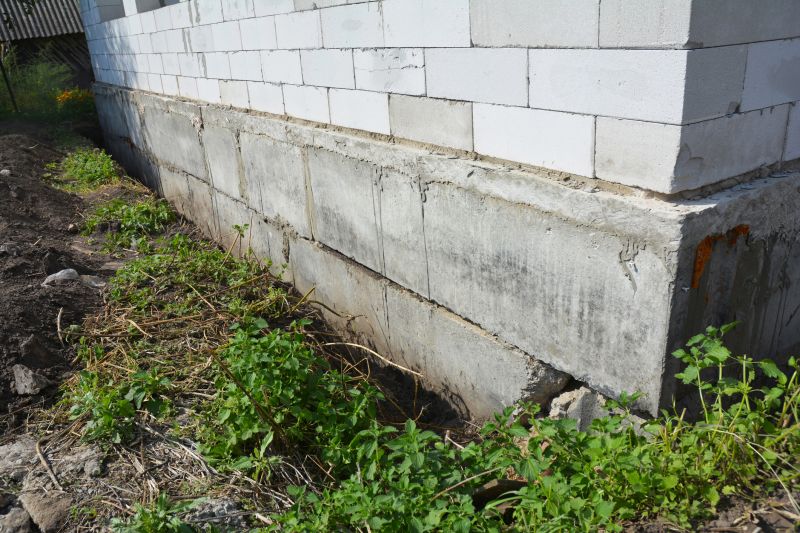
Rough timing from prep to clean-up for Foundation Repairs.
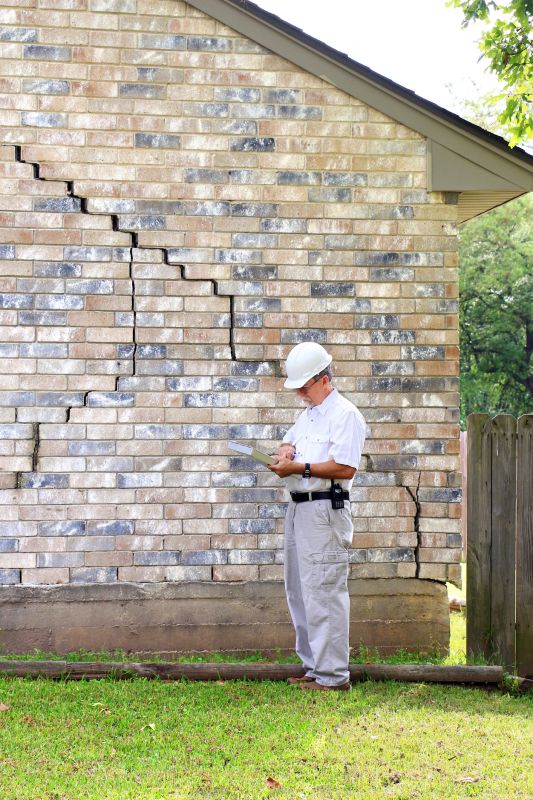
Quick checks and paperwork to keep after Foundation Repairs.
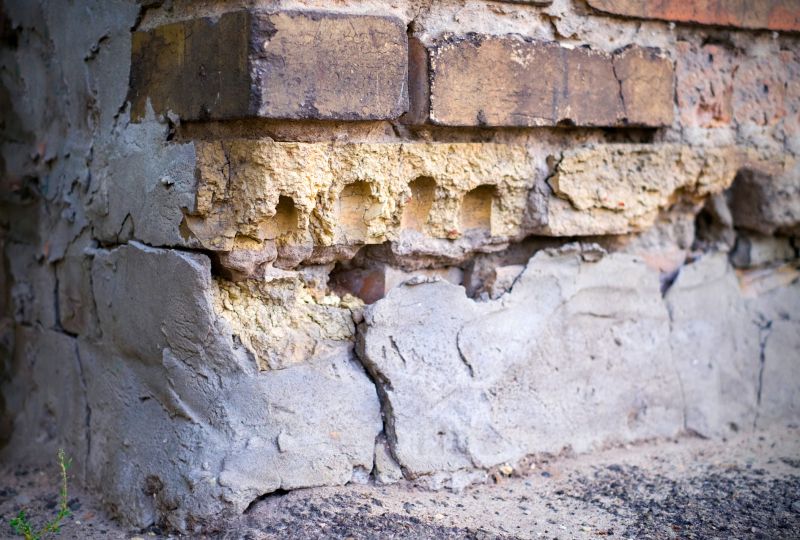
Examples that show the impact a good Foundation Repairs can make.
For those interested in foundation repairs, filling out the contact form provides an opportunity to discuss options and schedule work during the most suitable season. Proper timing and professional assessment are key to maintaining the structural integrity of a property.


